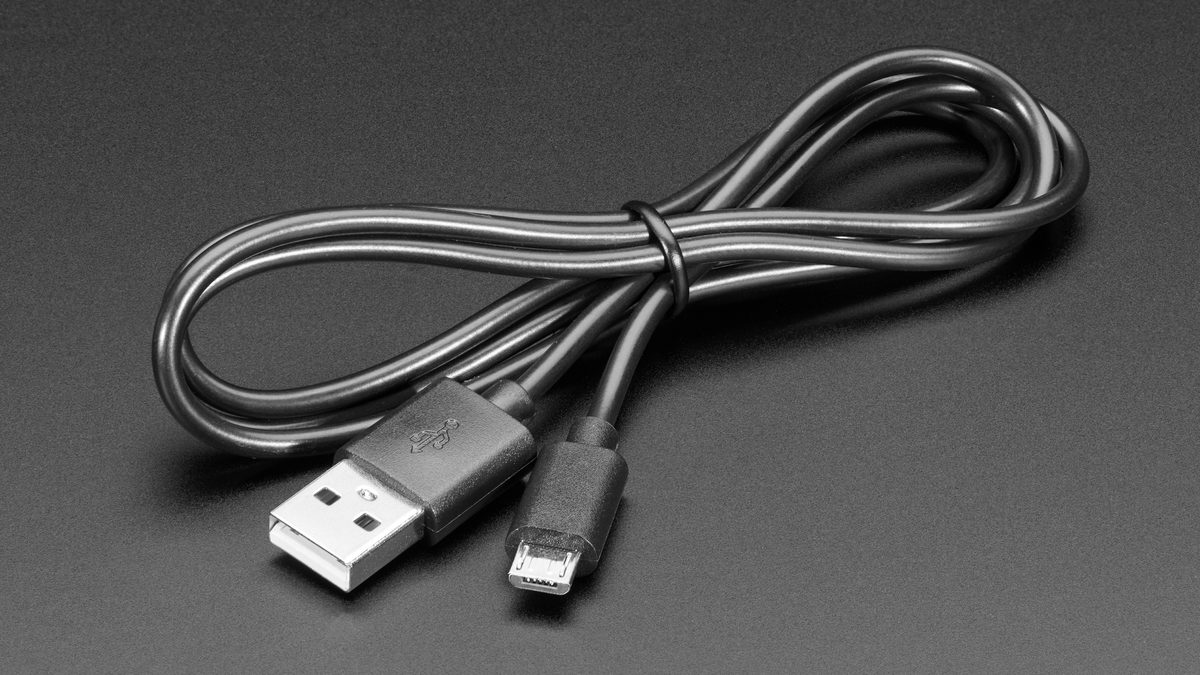In an age dominated by technology, USB cables have become integral to our daily lives. Whether charging our smartphones, connecting peripherals to our computers, or transferring data between devices, USB cables ensure seamless connectivity.
However, not all USB cables are created equal. The market is flooded with various options, each claiming to be the best. To make an informed decision, it’s essential to consider several factors when purchasing a quality USB cable.
7 Factors to Consider When Buying a Quality USB Cable
Here are a few important factors suggested by USB cable manufacturers to consider while buying a USB cable.
1. Type of USB Connector
USB cables come in various types, the most common being USB-A, USB-B, and USB-C. The type of connector you need depends on the devices you plan to connect. For instance, modern smartphones often use USB-C, while older devices may have USB-A or USB-B ports. Ensure compatibility by choosing a cable with the right connectors for your devices.
2. USB Version
USB technology evolves, and different versions offer varying speeds of data transfer. The most recent standard is USB 3.2, which provides faster data transfer rates than USB 2.0. Investing in a USB cable with the latest version can significantly improve performance if you’re frequently transferring large files or using peripherals that require high data transfer speeds.
3. Cable Length
Consider the distance between your devices and choose a cable length that accommodates this space comfortably. Remember that longer cables may experience a drop in charging speed or data transfer rates. For charging purposes, especially with smartphones, it’s generally recommended to use the cable that came with the device or to choose a high-quality cable to prevent energy loss.
4. Build Quality
The durability of a wholesale USB cable is paramount, especially if you plan to use it regularly. Look for cables with reinforced connectors and a sturdy outer covering. Braided cables, for example, are known for their durability and resistance to wear and tear. Investing in a well-built cable may cost a bit more initially, but it can save you money in the long run by reducing the need for frequent replacements.
5. Data Transfer Speed
The data transfer speed of a USB cable is crucial, especially if you frequently transfer large files between devices. USB 3.0 and USB 3.1 cables offer faster data transfer rates than their predecessors. Be sure to check the specifications of the cable to ensure it meets your data transfer speed requirements.
6. Charging Capacity
If you’re buying a USB cable for charging purposes, consider its charging capacity. Some cables are designed to support fast charging, which can significantly reduce the time it takes to charge your devices. Check for compatibility with your device and its charging standards, such as Qualcomm Quick Charge or USB Power Delivery.
7. Brand Reputation
Opt for reputable brands when purchasing a USB cable. Established brands are more likely to adhere to quality standards and offer products that meet or exceed specifications. Reading reviews and seeking recommendations can help you gauge a brand’s reputation and its USB cables’ performance.
Conclusion
Choosing the right USB cable involves considering various factors, from connector types to data transfer speeds and build quality. By taking the time to understand your specific needs and the specifications of available cables, you can make an informed decision and ensure a reliable and efficient connectivity experience. Remember that investing in a quality USB cable is not just about functionality; it’s also about the longevity and reliability of your devices’ connections.

